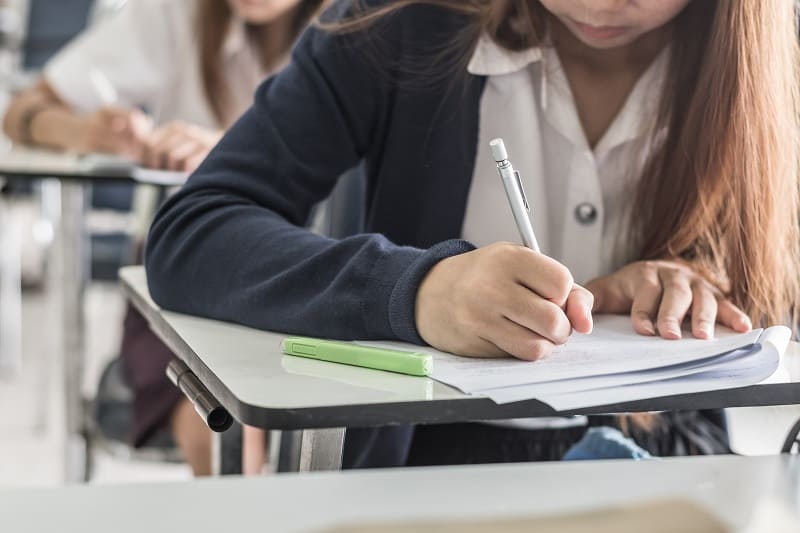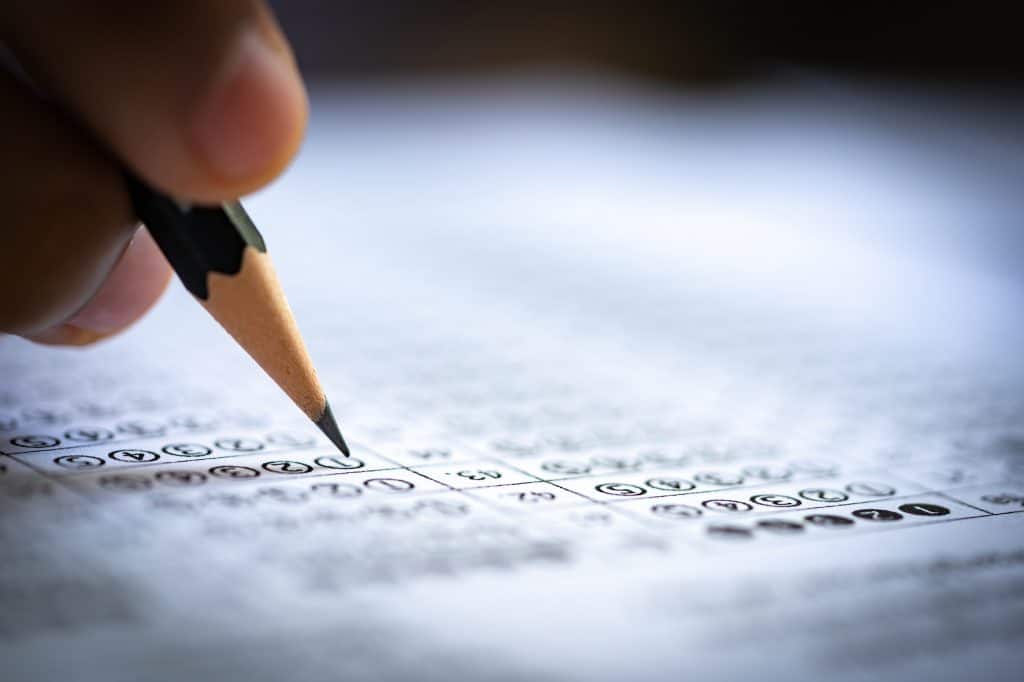theteam@theeducationhub.org.nz
Postal Address
The Education Hub
110 Carlton Gore Road,
Newmarket,
Auckland 1023
When employed well, Assessment for Learning can empower learners and improve progress and achievement.

A series of steps designed to help you implement Assessment for Learning in your classroom.

The key principles of Assessment for Learning and strategies for classroom implementation.

A checklist to help teachers evaluate how they implement and use assessment to inform teaching and learning.

A systematic look at a series of strategies designed to boost the assessment capability of students.

A set of Assessment for Learning strategies designed to motivate students.

Assessment for learning at a glance.

Renowned assessment expert Michael Absolum (ONZM) explores the central role assessment should play in driving learning throughout the education system and how schools and teachers can adopt these ideas into their practice

Professor Gavin Brown (University of Auckland) takes a balanced perspective that suggests despite unwelcome side effects, schools and teachers need tests to know what students can or cannot do

Professor Stuart Kime discusses the role of assessment in teaching and learning with a particular focus on practical strategies for how teachers can enhance their assessment practice and embed effective assessment into their day-to-day teaching.

Key insights from a webinar with Michael Absolum.

Key ideas from the webinar with Professor Gavin Brown on how teachers can use tests to inform teaching and learning.

Key ideas on effective assessment practice in schools from Stuart Kime's webinar

Associate Professor Mary Hill answers your questions about Assessment for Learning.

This short animation provides an introduction to Assessment for Learning: why it’s important, and how you can incorporate it into your teaching practice.